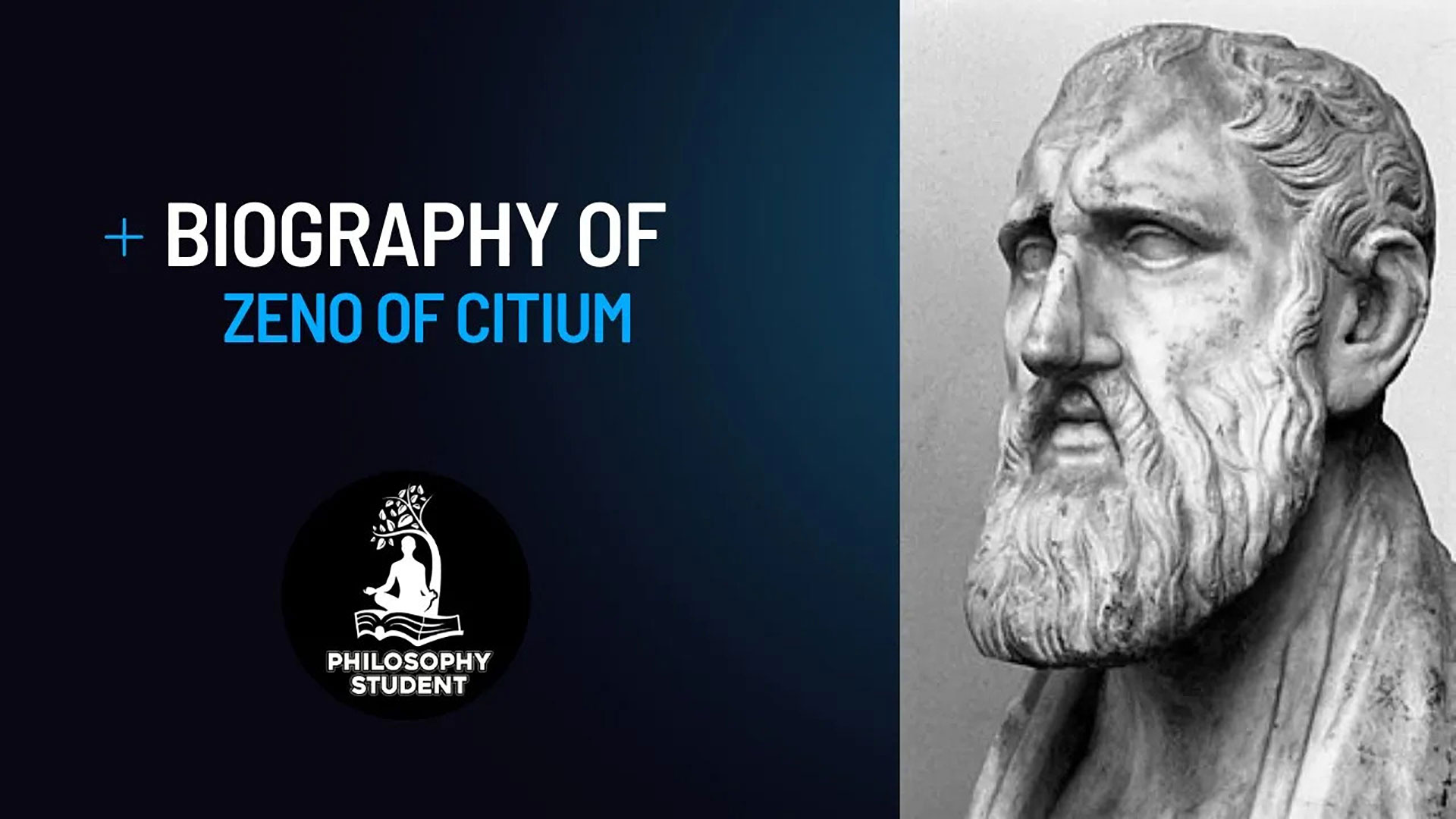Zeno of Citium was born in Citium, Cyprus, about 334 BC, and is considered the founder of Stoicism, a philosophy he taught in Athens from around 300 BC until his death, about 262 BC. Zeno’s Stoicism was founded on the moral ideas of the Cynics and set as the goal of existence living a life virtue, which he defined as a life in harmony with nature.
What is known about Zeno’s own life comes from Diogenes Laërtius’ Lives and Opinions of Eminent Philosophers, written in the third century AD. Diogenes records that Zeno became interested in philosophy after an oracle responded to his question about how he should lead the best life with the advice that he should “take on the complexion of the dead.” This advice did not immediately set him on a course toward becoming a philosopher. Instead, he became a merchant and grew wealthy. He suffered a shipwreck, which landed him not far from Athens, where he visited a bookseller. He purchased Xenophon’s Memorabilia and was so taken by the material he found there on Socrates that he asked the bookseller where men like Socrates could be found. This led to a meeting with Crates of Thebes, a celebrated Cynic, and Zeno became his pupil.
Zeno studied with others as well, including the Platonists Xenocrates and Polemo. He then began teaching in the Agora of Athens and soon accumulated disciples of his own. Originally, they were known as the Zenonians, but later were called the Stoics, after the Stoa Poikile, the colonnade at the Agora where poets and philosophers gathered. Zeno declined the honor of Athenian citizenship when it was offered to him, lest he appear unfaithful to Citium.
Diogenes Laërtius reports that Zeno died after he tripped, fell, and broke his toe. He struck the ground with his fist and spoke a line from Niobe (a lost play be Aeschylus): “I come, I come, why dost thou call for me?” With that, he held his breath and died—about 262 BC.
Zeno’s logic was faulted by Cicero as inferior to that of his predecessors. Nevertheless, Zeno laid out his method clearly. Stretching out his fingers, he showed the palm of his hand. “Perception is a thing like this.” he explained. Closing his fingers a little, he defined “Assent … like this.” Next, he completely closed his hand and exhibited his fist. “This,” he explained, “is Comprehension.” Finally, he took his right fist into his left hand, squeezed, and proclaimed it Knowledge.
As to physics, Zeno believed that the universe is God, which is a divine reasoning entity, of which all the parts belong to the whole. Into this pantheistic vision, Zeno imported the physics of Heraclitus, arguing that the universe contained a divine fire, which foresees all and produces all. The divine fire, which is also called the aether, is the foundation of all that happens in the universe. Thus, the primary substance of the Universe is derived from fire, becomes air, and then water. Next, the thicker portion of the water becomes earth and the thinner becomes air once again—before it finally rarefies back into fire. The souls of individuals are of the same fire as the world-soul.
Zeno’s ethics rested on a single good, which is the goal to which a man should strive. By using right reason, which coincides with Universal Reason (Logos), a person becomes one with everything.




































